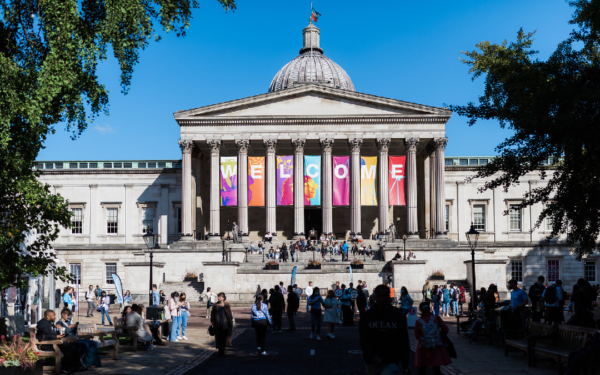
London, United Kingdom
Critical and Postcolonial Approaches to World Politics
When:
20 July - 07 August 2026
Credits:
7.5 EC
Read more
Political Science & Anthropology
When:
14 July - 25 July 2025
School:
Central European University – Summer University
Institution:
Central European University
City:
Country:
Language:
English
Credits:
0 EC
Fee:
600 EUR

Establishing and sustaining democracy and the rule of law in Africa is a constant challenge, as the recent spate of coups has demonstrated powerfully. Against this background, the course explores how constitutions are made, changed, and implemented in Africa, including why constitution-making processes succeed and (often) fail, how constitutions can contribute to building stable democracies, and how coup makers and authoritarian rulers use them to secure power. It tackles the complex social, political, and legal problems in constitution building from an interdisciplinary perspective, informed by the history of constitution building and field experience as well as new challenges like climate change and insecurity. It combines different disciplines and perspectives to offer new insights on a classic subject of high academic and practical relevance.
Markus Böckenförde (Legal studies Department, Central European University, Vienna, Austria) & Christina Murray (Public law, University of Cape Town, South Africa)
Applications are invited from graduate students, researchers, scholars, civil servants, consultants, and officers of international and regional organizations, working on constitutional building in Africa.
Fee
600 EUR
When:
14 July - 25 July 2025
School:
Central European University – Summer University
Institution:
Central European University
Language:
English
Credits:
0 EC

London, United Kingdom
When:
20 July - 07 August 2026
Credits:
7.5 EC
Read more

Maastricht, Netherlands
When:
03 August - 07 August 2026
Credits:
2 EC
Read more

Nijmegen, Netherlands
When:
29 June - 03 July 2026
Credits:
2 EC
Read more